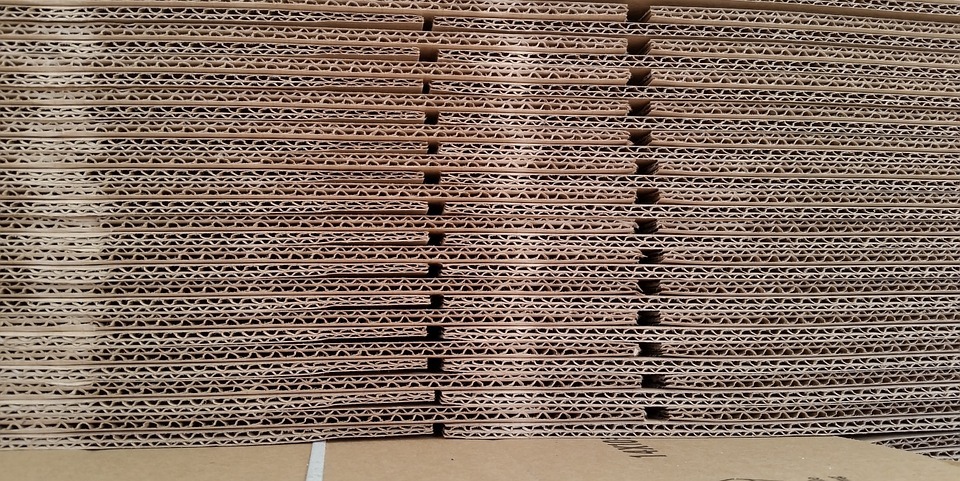It has long been cited as one of the most important materials for the UK to recycle. Clean, used cardboard and paper provides mills throughout the country with recovered fibre that they can then transform into new card, newspaper and tissue-based products.
The prices that these mills will pay for a tonne of recycled paper and cardboard have risen throughout the early months of 2016. There’s therefore no better time to develop a strategy to extract these materials from the general waste stream.
It’s great to see progress being made within the municipal market. Shropshire Council is just one local authority to have announced that kerbside cardboard recycling will once again be offered to residents from autumn onwards. Whilst recycling rates of 52% have already been achieved in the area, the council has worked with waste contractor Veolia to drive further improvements. This should prove a smart move both financially, and for the environment – not to mention the local community’s conscience.
But in the commercial sector, is enough being done to recycle cardboard in the workplace?
In SMEs, it can be difficult to find time to devise a recycling strategy, especially if there isn’t an employee specifically tasked with managing the company’s waste. Marketplace research isn’t always straightforward, and some companies simply don’t know what is possible.
This goes on to explain why some businesses, even those with a dedicated waste manager, rely on straightforward skip collections, preferring to pass on the recycling responsibilities to the appointed waste contractor.
But these two scenarios mean numerous opportunities are being overlooked:
– If the materials aren’t carefully segregated at source, they could become contaminated which reduces the cardboard’s recyclate potential – not to mention value. Businesses have a moral duty to ensure they better support the environment that they operate in, so the matter merits more thought.
– If the materials are segregated, but the cardboard is merely thrown into a skip, the business will incur frequent waste collection charges, PLUS, there is limited opportunity to generate a revenue stream from the loose material.
– If a cardboard baler has been considered but dismissed as an option due to limited site space, it’s important that companies realise how compact vertical balers are – they occupy only a very small footprint.
– Limited financial resources is often another limiting factor, but cardboard balers are actually very affordable pieces of equipment to buy, and flexible lease agreements are also often available. Incorporate the possible revenue that the sale of cardboard bales could yield, and the business case for an investment becomes even more compelling.
– If you’re not ready to take the leap with a brand new cardboard baler, why not consider a used and/or refurbished machine which could prove an even more cost-effective asset.
– Storage and safety issues can also be overcome through the smarter handling of cardboard packaging – it’s often not possible to put a price on that!
– If it’s simply a case of not knowing where to start with the cardboard baler research, talk to a company who can help you. A no obligation waste audit could point you in the right direction!
In truth, the list could go on. If you need a little more information, why not download our cardboard baler pdf, view some of the best-selling cardboard balers in our range or contact us for some advice tailored specifically to your needs.






